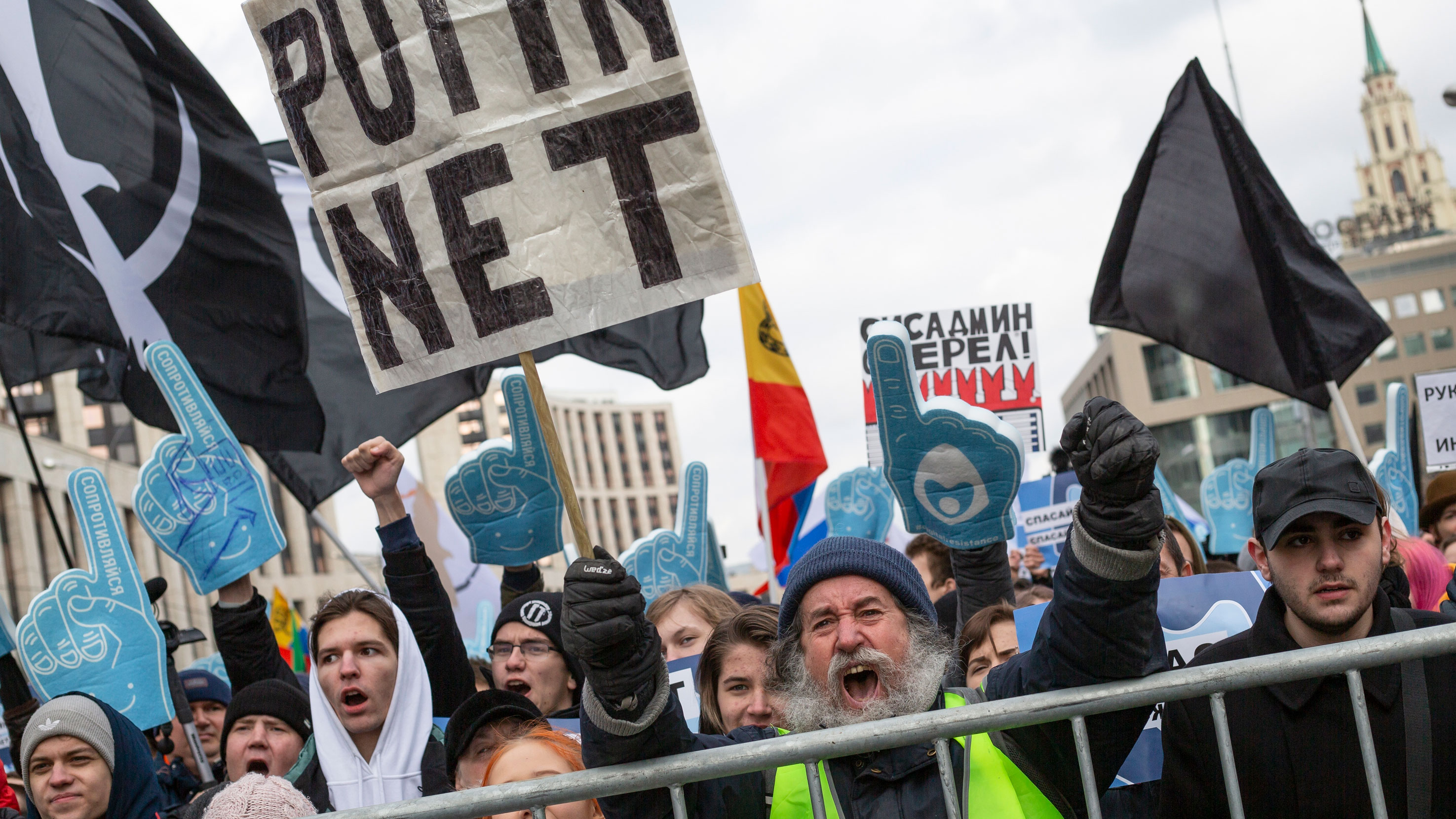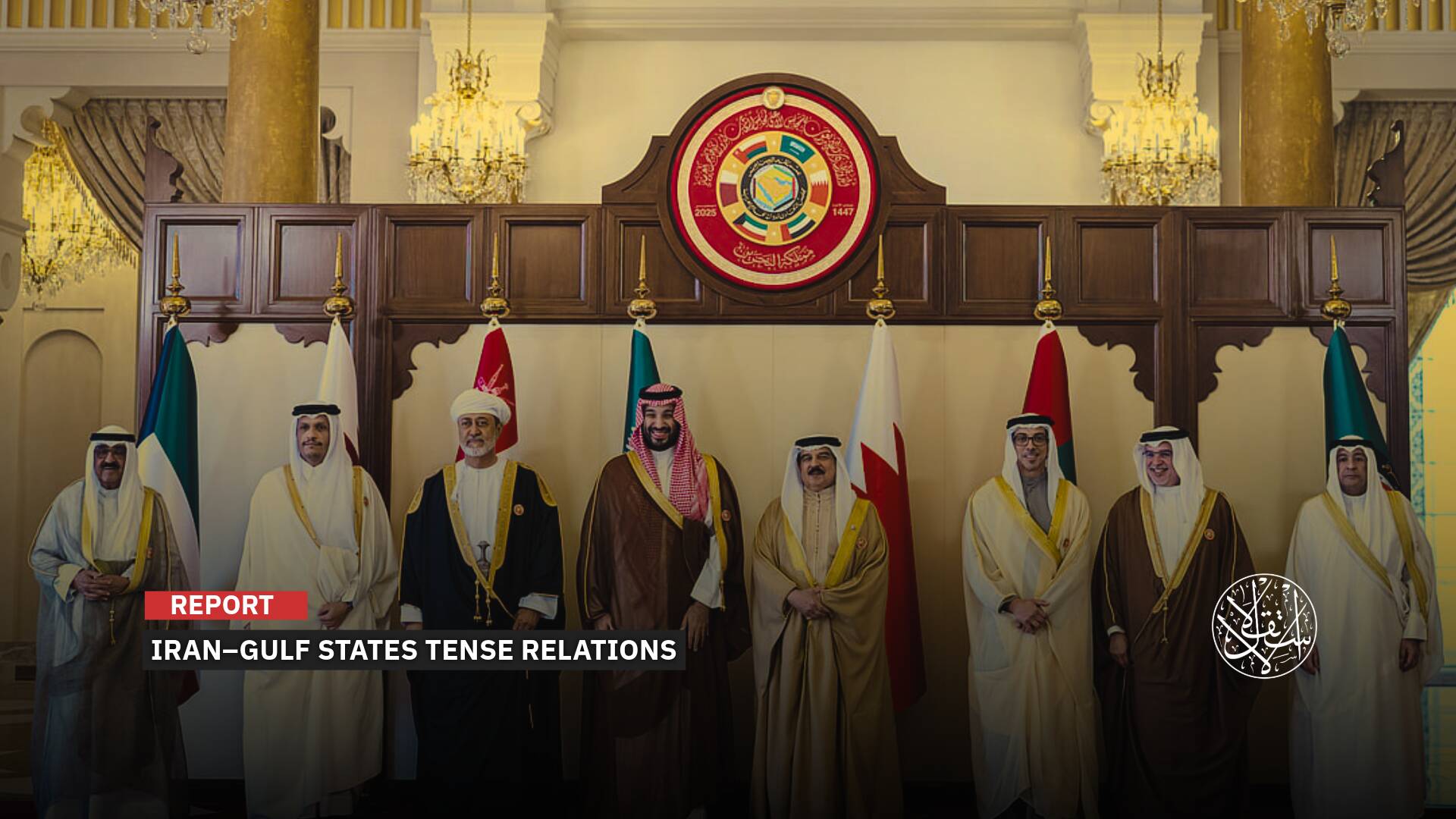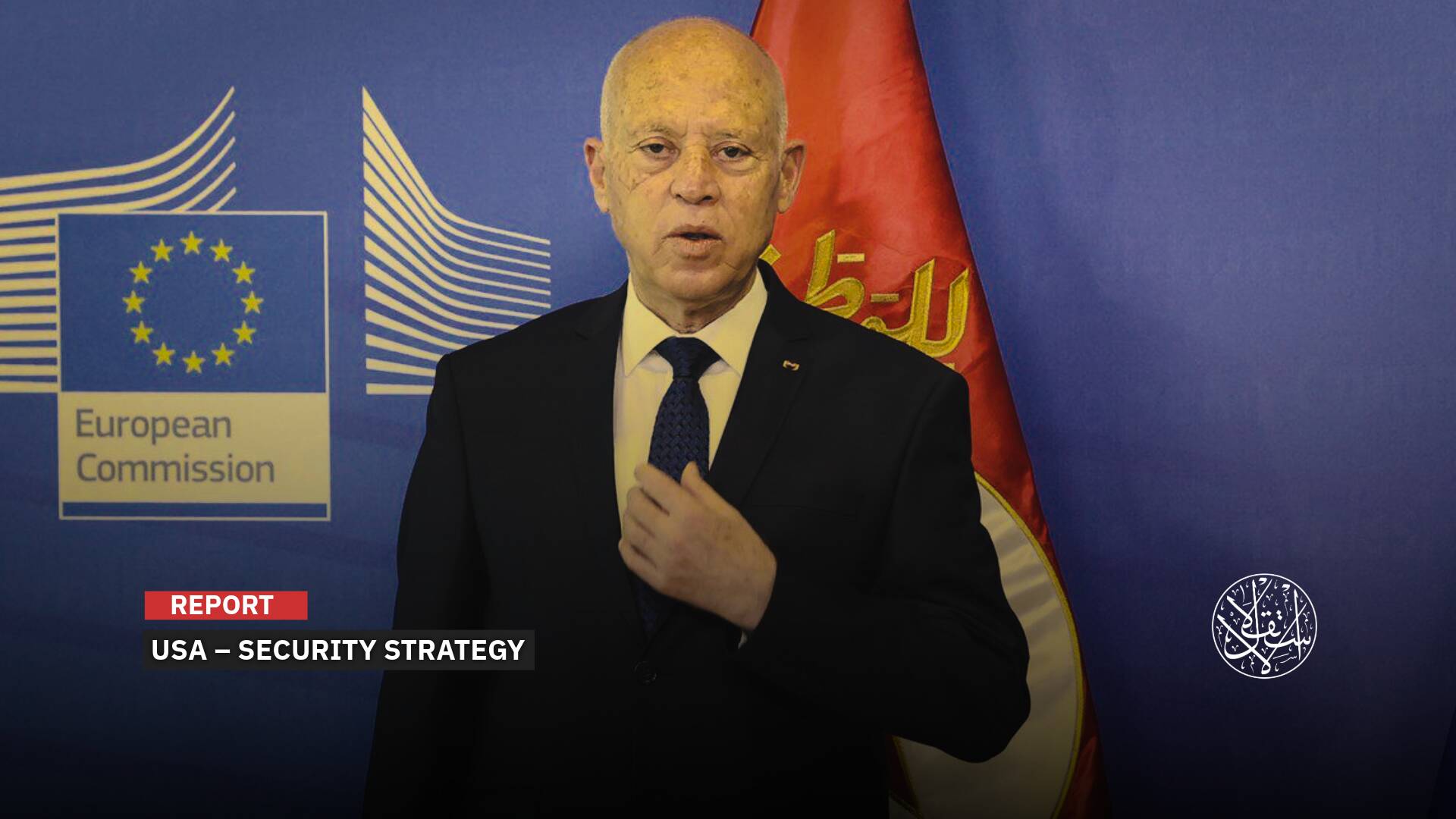To Confront Western Influence: Will Russia Succeed in Creating Its Own Internet?

A decade ago, Moscow witnessed one of the largest demonstrations of dissent since the fall of the Soviet Union, as tens of thousands of Russians filled the streets to demand an end to President Vladimir Putin’s rule.
The protests, which were organized through online platforms and messaging apps, spread to dozens of other cities across the country, posing an unprecedented challenge to the Kremlin’s grip on power.
The state-controlled media, which usually ignored any criticism of Putin, had no choice but to acknowledge the scale and significance of the event.
But since then, the Russian government has taken drastic measures to tighten its control over the internet and information, creating what some critics call a “digital iron curtain” that isolates Russians from the rest of the world.
Putin’s Sovereign Internet
One of these measures is the so-called “Sovereign Internet” law, which aims to give Moscow the ability to cut off Russia from the global internet in case of an “emergency,” such as a military conflict or a mass protest.
The law also requires internet service providers to install equipment that allows the state to monitor and filter online traffic.
The Kremlin claims that the law is necessary to protect Russia’s cyberspace sovereignty and security, but many experts and activists warn that it could undermine the stability and openness of the internet, as well as violate the rights and freedoms of Russian users.
Last year, Russia conducted a test to disconnect its internet from the rest of the world, which reportedly caused disruptions to some vital systems, such as railways and cargo shipping.
The test was seen as a preparation for a possible scenario of war with Ukraine, which Russia invaded in 2022, sparking the largest land conflict in Europe since 1945.
Along with its military aggression against its neighbor, Russia also waged a war on information at home, cracking down on any media outlets or journalists that dared to question or criticize the Kremlin’s policies.
The authorities also blocked access to many Western news and social media sites, leaving Russians with few sources of independent and reliable information.
As a result, many Russians live in what CNN described as “Putin’s parallel universe,” where they are fed propaganda and misinformation by the state media.
Those who try to express their opposition or discontent face arrest and repression, creating a climate of fear and silence in Russian society. More than a year into the war, this situation shows no sign of improvement.

Limiting Digital Freedom
The Kremlin claims that it needs its “sovereign internet” to protect itself from cyberattacks and foreign interference, but critics fear that it is a pretext to tighten its grip on information and dissent.
The sovereign internet is not a separate network but rather a system of controls and filters that would allow the Russian government to monitor and manipulate internet traffic within its borders.
It would also enable the authorities to cut off access to the global internet in case of an emergency, such as a war or a mass protest.
The project is partly motivated by Russia’s desire to reduce its dependence on American technology and infrastructure, which it sees as a potential threat to its national security and sovereignty.
Russia has long accused the United States of using cyberspace as a tool of espionage and sabotage, and has been on the receiving end of several alleged U.S. cyber operations.
One of them was reported in 2019 when U.S. officials said that they had launched a cyberattack against a Russian unit that was spreading disinformation during the midterm elections in the United States.
The attack allegedly disrupted the internet connection of an office building in St. Petersburg that housed the Internet Research Agency, a notorious troll factory that has been indicted by the U.S. for meddling in the 2016 presidential election.
Russian President Vladimir Putin had warned of such a scenario before, saying that the West might try to isolate Russia from the global internet, but that it would also lose its ability to spy on it.
He said in a television interview: “They listen and see and read everything you say, and they collect security information. But everything is possible theoretically. So we have to create a part of the internet that does not depend on anyone.”
However, experts say that the sovereign internet is not only about defending Russia from external threats but also about controlling its own population.
Natalia Krabiva, a digital rights activist, says that the sovereign internet is “just a closed internet” that would allow the government to censor and manipulate information more effectively.
She says that it would include technology such as deep packet inspection, which can filter and block specific websites and communications.
By restricting access to sites such as Western social media platforms, the Russian government could limit its citizens’ exposure to alternative sources of information and opinions, and promote its own narrative on domestic and international affairs.
This would be similar to what it has done with television media, which is largely dominated by state-owned or pro-Kremlin outlets. According to surveys, about two-thirds of Russians rely primarily on television for news and information.

Public Opposition
The sovereign internet project has faced technical and legal challenges, as well as public opposition.
In 2019, thousands of people protested in Moscow against the law that authorized the creation of the sovereign internet, calling it an “online iron curtain” that would violate their rights and freedoms.
The law was passed by the parliament and signed by Putin, but its implementation has been delayed by technical difficulties and resistance from some internet providers.
The Kremlin says that it will not affect ordinary users or businesses and that it will respect international norms and standards.
However, many observers are skeptical about these assurances and warn that the sovereign internet could have serious consequences for Russia’s economy, society, and democracy.
As Putin suggested, the internet could be a vulnerability or a gateway for foreign adversaries to inflict harm on Russia.

This was evident in March 2022, when Ukraine urged the international community to cut off Russia from the global internet in response to its aggression against Ukraine and its citizens.
Ukraine sent a letter to ICANN, a U.S.-based non-profit organization that manages the global system of internet domain names and IP addresses, asking for “strict sanctions against the Russian Federation in the field of DNS regulation.”
Internet experts said that such a move would effectively disconnect Russia from the internet and render its websites and email addresses useless.
Russia would be isolated from the rest of the digital world. However, they also doubted that Ukraine’s request would be granted, as it would set a dangerous precedent that could empower authoritarian regimes to make similar demands.
Moreover, they questioned whether ICANN had the authority to make such a decision, even if there was widespread support for it.
They also warned that isolating Russia could backfire and achieve what the Kremlin wanted: citizens who had no access to external information.
This scenario reinforces the idea of a sovereign internet for Russia, which is seen as a step toward building a firewall similar to China’s model.
Unlike China, where the internet has been heavily censored since its inception, Russia has enjoyed a relatively open internet since the 1990s. But that could change soon as the Kremlin seeks more control over its digital space.











